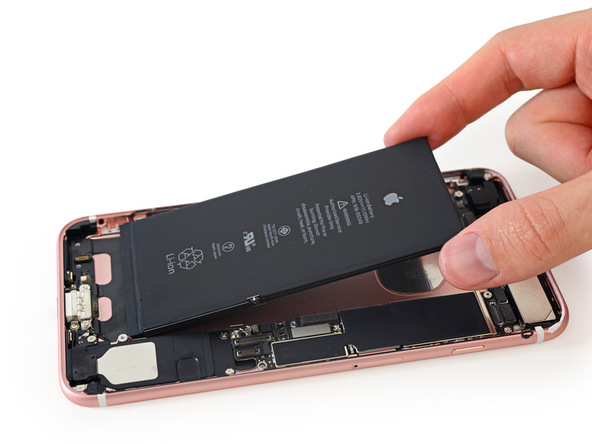
Canadian iPhone Class Action Settlement Decision Now Set for February
A British Columbia judge is set to make a decision next month on whether to approve a multimillion-dollar settlement in a class-action lawsuit against Apple. The lawsuit, filed in 2018, alleges that the company deliberately slowed down older iPhone models through software updates.
The case was brought to a Vancouver courtroom on Monday, where lawyers representing both Apple and the class members advocated for the settlement’s approval. If approved, consumers could receive compensation ranging from $17.50 to $150, depending on the number of successful claims.
Michael Peerless, representing the class, informed Justice Sharon Matthews that the settlement was a result of “lengthy and difficult negotiations” with Apple. He explained that the proposed payout amounts are fair and reasonable for consumers who can prove ownership of affected iPhone models, including several iPhone 6 and 7 variants, reports CTV News.
Peerless also referenced similar litigation in the United States, which he said provided a “valuable road map” during the settlement negotiations. In the U.S. case, Apple agreed to a settlement range of $310 million to $500 million for iPhone users whose devices experienced reduced performance and battery life due to software updates. The Canadian settlement could see Apple paying out a maximum of approximately $14.4 million to class members.
The settlement would be applicable to residents in all Canadian provinces except Quebec, encompassing similar lawsuits filed in Ontario, Saskatchewan, and Alberta. Apple has agreed to pay between $11.1 million to $14.4 million. It says this is not an admission of guilt.
Peerless described the claims process as “simple,” with both online and paper-based options for those affected by slow performance and battery issues. He emphasized that the settlement provides tangible monetary benefits and is not a mere coupon compensation.
The lawyer also noted the challenges of quantifying damages in such cases, mentioning that a trial could have extended the case by several more years without any guarantee of success or a larger payout. Approximately nine million class members were notified of the settlement via email, and an additional 10,000 received physical mail notifications. The case has also received significant media attention.
Jill Yates, representing Apple, told the court that the company has not admitted any wrongdoing. “Apple has maintained that it has done nothing wrong here,” she stated, highlighting the novel nature of the claims and Apple’s stance against any wrongdoing.
Justice Matthews has reserved her decision on the settlement approval until February 21, 2024, leaving the class members and Apple awaiting the final judgment.


